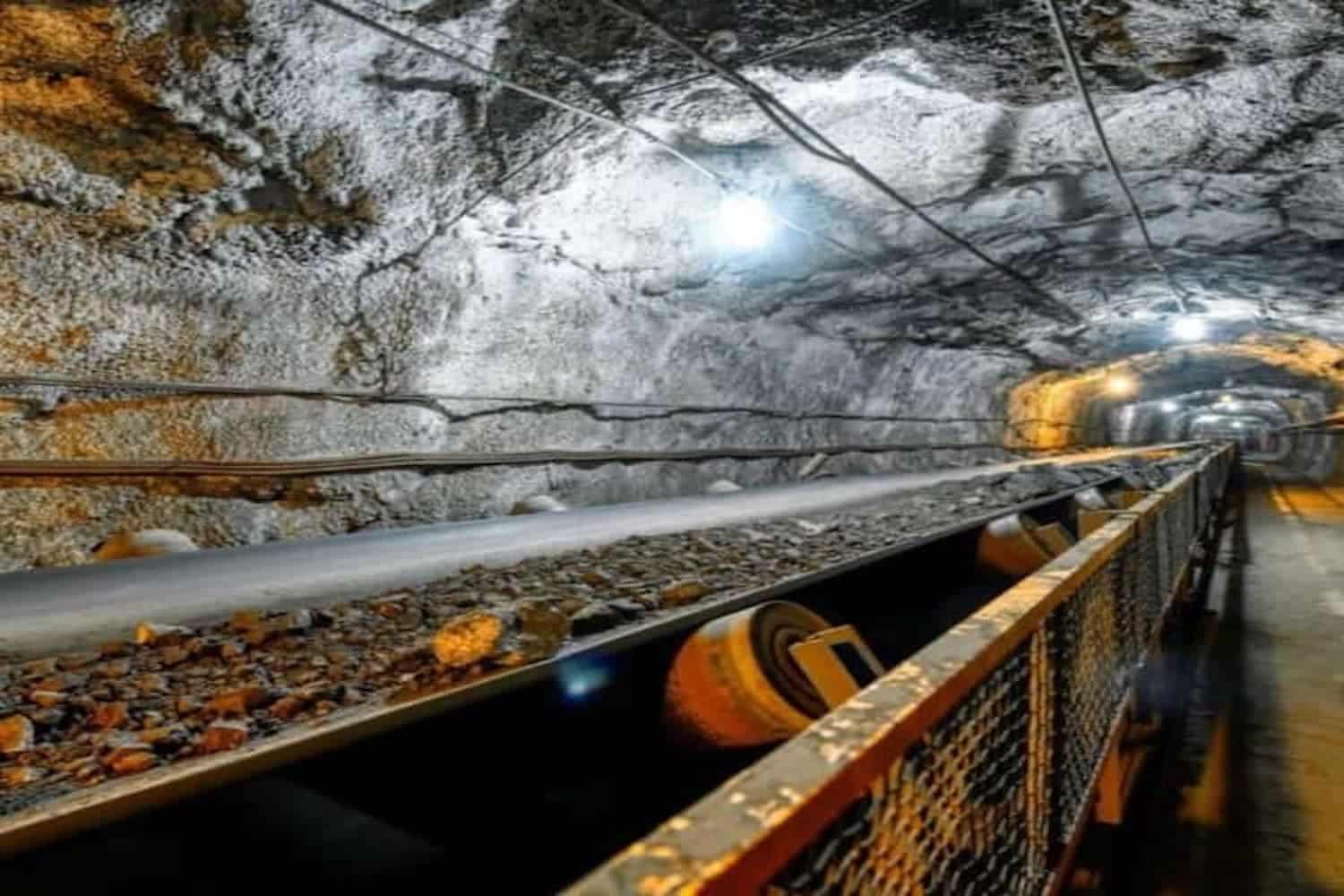SA could exempt US investors from mandatory broad-based black economic empowerment (B-BBEE) requirements.

If three influential Afrikaner leaders have their way, the envisaged tariff agreement between South Africa and the US, currently under negotiation, will be centred on minerals that SA must supply to America to smooth their frosty relations.
Corné Mulder of Freedom Front Plus, along with businessmen André Pienaar and Chris Opperman, believe a “spectacular reset of the relations between SA and the US is possible” and this is a great opportunity the country should not miss to improve its trade with the US, grow the economy and create much-needed jobs for the country.
Lobbying for a strategic minerals pact
They put their hopes on SA availing its abundant mineral resources to form the basis of the US’ strategic technological requirements.
The trio were in Washington last week to lobby influential American organisations and individuals with their idea.
Their visits to the US came amid a series of meetings between SA government representatives led by Minister of Trade, Industry and Competition Parks Tau.
The two sides held preliminary high-level discussions, paving the way for a full-scale dialogue aimed at reducing the 30% tariff imposed on South Africa’s exports to the US by President Donald Trump.
ALSO READ: SA trade delegation in the US remains hopeful – Tau
A vision for long-term trade
However, Mulder, Pienaar, and Opperman’s aim seemed to extend beyond the tariffs issue, encompassing general trade and suggesting a long-term plan.
At the heart of their proposal for a new deal is a pact on critical minerals, where SA could open strategic access to the exploration, mining and refining of platinum group metals (PGMs), manganese, vanadium, rare earths and titanium.
They said the US could match this with long-term offtake commitments, targeted reserve build programmes at the departments of defence and energy, and financing for processing capacity that goes beyond resource headlines, to actual throughput.
Proposed economic
If their proposal is accepted, “such a deal could serve as the cornerstone of a renewed partnership between the Trump administration and Pretoria, anchored in mutual interests, shared democratic values and long-term strategic cooperation”.
In terms of the proposal, SA could exempt US investors from mandatory broad-based black economic empowerment (B-BBEE) requirements, instead encouraging adherence to a voluntary investment code.
ALSO READ: Business ties with US are ‘strong and expanding,’ Ramaphosa says
The trio suggested reviving and modernising the Sullivan Principles, originally developed to guide US corporate conduct during the apartheid era.
They foresee the cooperation expanding to mining refineries, ports and logistics, incorporating best-in-class US platforms for surveillance, data analytics and law enforcement support.
“Collaboration should also extend to tackling global drug syndicates devastating communities in both countries and to joint efforts against smuggling, illicit finance and border corruption,” Mulder said.
“Shared digital platforms for cargo monitoring can enhance the security of trade corridors, reduce risk premiums, and unlock new investment opportunities.”
Projected economic gains
A minerals-first deal offers “spectacular returns”, he said.
The deal could lift SA’s GDP by $40 billion (about R690 billion) and create about 500 000 jobs across mining, processing, energy, logistics and services.
The fixed investment rate would rise from 15% to 25%, enabling growth of 5% per year and halving unemployment over time, potentially stabilising SA.
For the US, direct gains from minerals, LNG exports, technology deployments and agricultural investments could exceed $75 billion.
NOW READ: Agoa ends today, but Tau still optimistic it will be renewed
Support Local Journalism
Add The Citizen as a Preferred Source on Google and follow us on Google News to see more of our trusted reporting in Google News and Top Stories.








